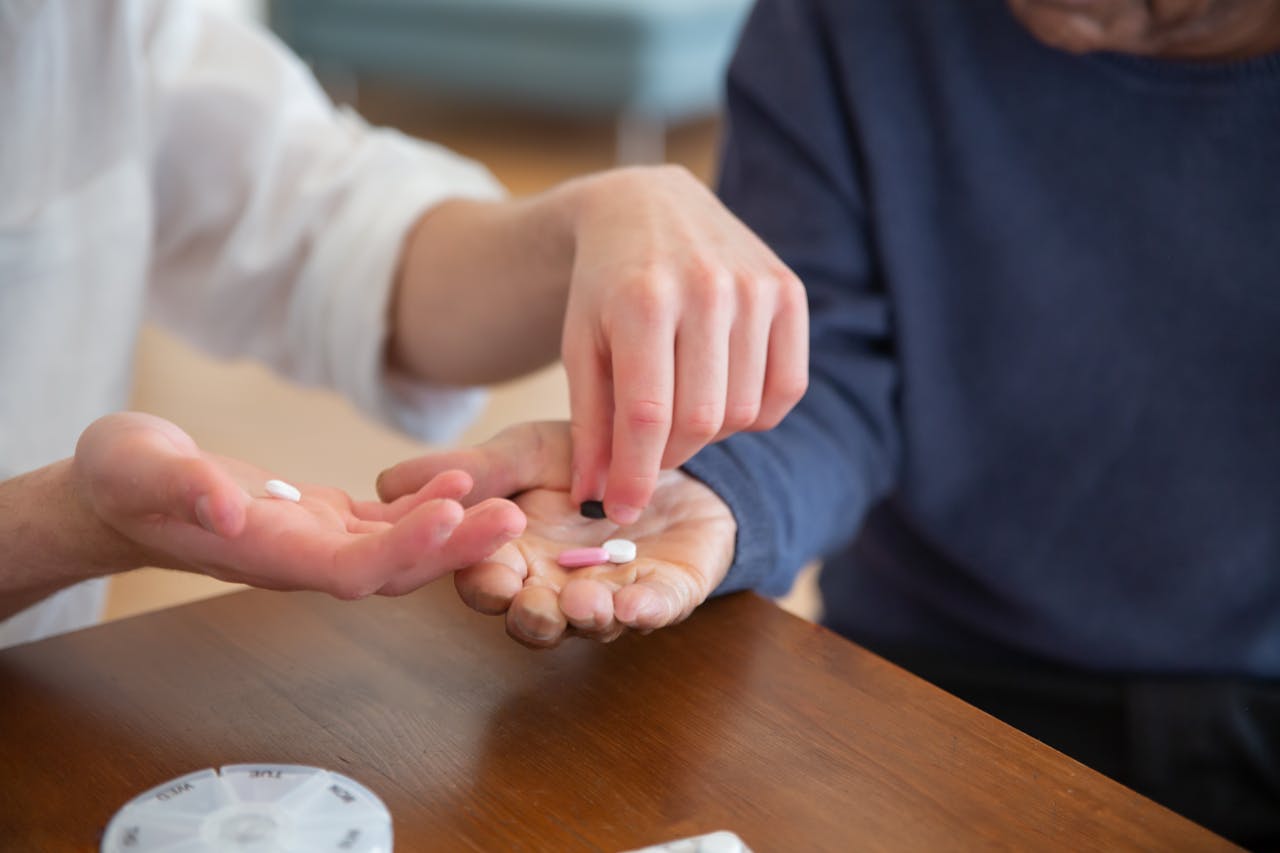Predicting High Risk of Delayed Transfer of Care (DTOC)
Development of a new tool to help improve discharge planning for future hospital patients.
Development of a new tool to help improve discharge planning for future hospital patients.

Virtual wards or Hospital at Home services were introduced by NHS England in 2021 to offer patients requiring acute care an alternative hospital-based treatment. They allow patients of all ages to safely receive care in their usual place of residence. Here we look at the headline findings from implementation of services in the Midlands.
There is an increasing number of people in England who are acutely unwell, many of whom are older and living with frailty. However, the acute care pathways in our hospitals are at risk of becoming overwhelmed, reducing the function of elective activity. We therefore need to find ways to meet the needs of these people without admitting them to hospital.
Professor Dan Lasserson was recently invited to deliver a ‘Distinguished Lecture’ on ‘Hospital at Home’ models and acute ambulatory care.
Publication of report from the House of Lords Select Committee on the Integration of Primary and Community Care.
Lead: Pip Logan (University of Nottingham) Dates: 01 October 2021 – Ongoing Background: Falls among care home residents are a significant problem, and reducing their
Leads: Dr Terry Brown, Prof Gavin Perkins Dates: 1st October 2019 – 31st December 2022 Background: Annually English NHS Ambulance Services treat over 30,000 out-of-hospital cardiac arrest (OHCA) patients.
Leads: Dr Chen Ji, Prof Gavin Perkins, Prof Nigel Stallard Dates: 1st June 2019 – 30th November 2022 Background: Annually, over 90,000 people suffer an out-of-hospital cardiac arrest (OHCA).
Lead: Mr Mark Tompkins (supervised by Dr Denise Tanner [Social Care], Prof Daniel Lasserson [Acute Care Interfaces]) We are establishing a group of Public Contributors
Lead: Prof Dan Lasserson (Acute Care Interfaces), Prof Russell Mannion (Meths), Prof Simon Conroy (ARC EM) Dates: October 2019 – October 2021 (originally funded by NIHR Policy Research